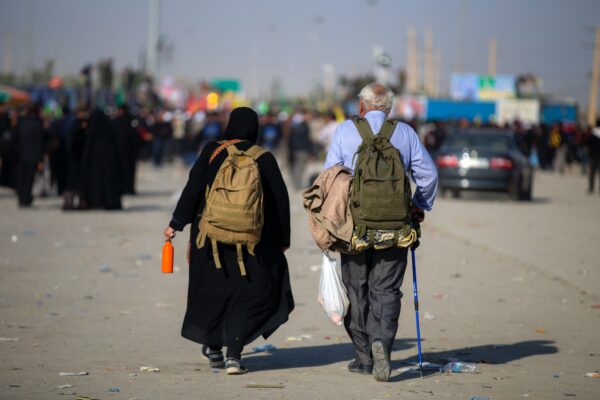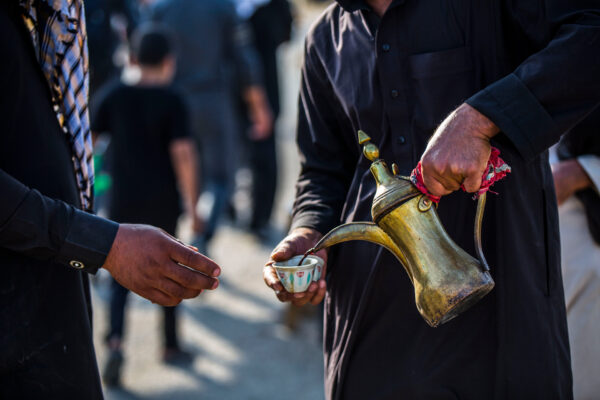According to the report, the US bombing on Fallujah caused a 2,200% increase in leukemia rates, as well as a 1,260% increase in childhood cancer. This is worse than the aftermath of the US atomic bombing of Hiroshima in 1945.
New Report Shows Iraq War Leukemia And Cancer Rates Worse Than After Hiroshima Bombing
According to the report, the US bombing on Fallujah caused a 2,200% increase in leukemia rates, as well as a 1,260% increase in childhood cancer. This is worse than the aftermath of the US atomic bombing of Hiroshima in 1945.
In a shocking new report, new light has been shed on just how damaging the US-led invasion and war in Iraq really was – according to the report, the US bombing on Fallujah caused a 2,200% increase in leukemia rates, as well as a 1,260% increase in childhood cancer. This is worse than the aftermath of the US atomic bombing of Hiroshima in 1945.
Looking at cancer rates and infant mortality, the research – led by Dr Christopher Busby at the University of Ulster – compiled data collected by doctors in Iraq, who began reporting a massive increase in cancer rates and birth anomalies after the US began bombing Iraq. According to the data, in Fallujah the rates of leukemia increased by more than 2,000% in just a span of five to ten years after the bombing.
Additionally, there was also a 1,260% increase in childhood cancer in Fallujah, as well as a 740% increase in brain tumors. Evidence also showed that Iraqi citizens had been exposed to massive amounts of radiation from the war, with infant mortality rates 820% higher than in neighboring Kuwait.
20 Years Since the US Invasion of Iraq: What Happened And What Now?
To put it into context, Dr Busby explained that these rates are significantly worse than the rates of the US atomic bombing of Hiroshima – also one of the worst cases in modern history of toxic deaths from the aftermath of war. In Fallujah, “the cancer levels are astonishing”, Busby explained, “[But] the peak effect in those at Hiroshima who were most irradiated was less than the effect in all of Fallujah.” In Hiroshima, the rates of leukemia among the Japanese who lived in the city increased by 660% about 13 years after the bomb when the radiation levels peaked.
20 years after the US invasion, Iraq remains precariously on edge. While many aspects of life have returned to normal, and many in the diaspora continue to travel back and forth between homes in Iraq and home abroad, the question of what exactly the future of Iraq holds after such a devastating and horrifying war has not yet been answered.
The mental, spiritual, and now physical effects of the war are out in the open – and it remains to be seen if Iraq will ever see the justice it truly deserves.





